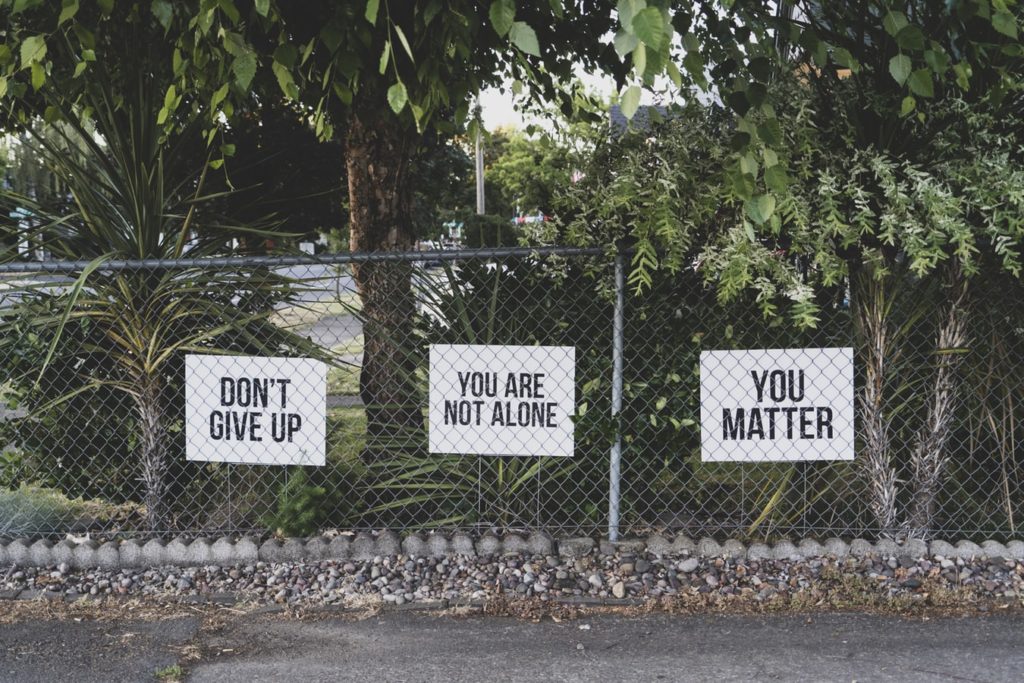
Helping a Loved One Recovering from a Suicide Attempt
When a person feels so low that they believe everyone would be better off without them, it is crucial that we help to show them that they are important and things can get better. It sounds easy, but supporting a loved one after a suicide attempt can be taxing. If you feel lost, use these guidelines to help you.
The Early Stages of Recovery
In the time immediately after the suicide attempt, your loved one may be resistant to the idea that things can get better. This is often a very emotional period, and it can be a good time to pursue substance abuse treatment programs. Stay resolute and do the following to create a safe, stable environment.
Eliminate as Many Dangers as You Can
Prevention of further attempts is key during this time. Do your best to remove any dangerous/sharp objects, guns, alcohol, prescription medications, or other items that may be a trigger for things like depression, anxiety, and substance abuse. You don’t want to overwhelm them, but you may want to minimize the time they spend alone.
Check with Your Loved One Often
Check regularly to see how they’re doing. Try to listen rather than advise; this way, you can watch for mood changes or unusual responses. Don’t be afraid to call for professional help if things spiral downward.
Use supportive language like “It’s okay to cry” and “I’m here for you.” Don’t make them feel guilty or imply that they’re not trying hard enough. Things like “How could you do that to me?” or “Choose to be happy” are unhelpful and could even be hurtful.
Long-Term Recovery and Routines
Long-term care will be about maintaining stability and creating a more fulfilling life. This requires that the root problem(s) be addressed. If your loved one is struggling with mental illness or drug addiction, the healing won’t take place until you address those issues.
Follow-Up Appointments and Medication Management
Follow doctors’ orders regarding appointments and any prescribed medications. Do your best to ensure that your loved one is taking the right dosage of any medication on the right schedule and that they do not alter their usage or stop taking it on their own. Keeping up with regular follow-up appointments will help keep them accountable and on track.
Therapy Sessions and Other Support
At the very least, your loved one should certainly be involved in some manner of counseling or therapy program with a licensed professional. Support groups and religious mentors can be very valuable, but one-on-one sessions using clinically backed therapy techniques are powerful drivers of success.
Suicide and Substance Abuse Recovery: How Our Rehab Programs Can Help

If your loved one’s addiction is standing in the way of suicide attempt recovery, it’s time to consider residential substance abuse treatment. At Yellowstone Recovery, we provide the expert support and counseling needed to get clients back on their feet and into lasting sobriety. To learn more about our residential treatment programs for substance abuse, call (888) 418-4188.








